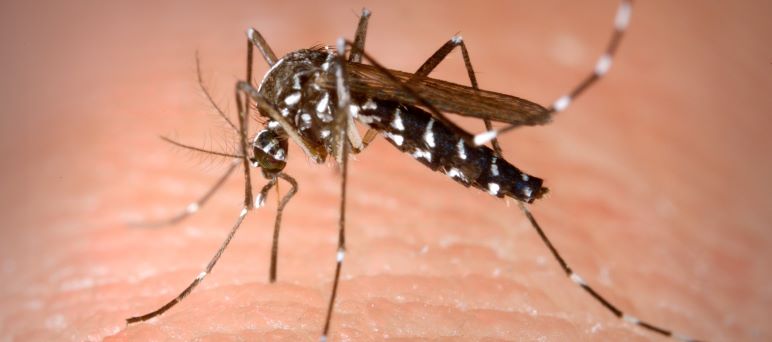Authorities in Santa Clara County are trying to eradicate an "aggressive" species of mosquito before it can become established, a spokesperson for the county said Thursday.
A half-dozen non-native Aedes aegypti mosquitoes have been detected in East San Jose, according to the county. The insect is invasive and has been known to spread diseases such as dengue, Zika and yellow fever.
Of the insects trapped so far, none were found to be carrying any of these viruses, the county said.
The Santa Clara County Vector Control District has identified six females on Machado Lane near Story Road. District staff are canvassing the area to trap adult mosquitos and eradicate larvae and habitat, which exist in standing water.
Anyone living in these areas is asked to tip over and remove any standing water, such as birdbaths, plant saucers, or anything else watertight that may have accumulated water after the recent rains.
The county is also asking nearby residents to allow staff to enter their property to check for mosquitoes and treat them as needed. Residents' privacy will be respected, the county said, and staff will only check for mosquitos, larvae and their habitat.
The insect is about a quarter-inch in size, with black and white stripes on its back and legs. It will not travel farther than 500 feet from where it hatches, according to the county. The mosquito prefers unnatural water sources, such as pots, pet dishes, buckets, or old tires. Once eggs are laid, they can survive for more than a year without water. The eggs look like specks of dirt.
Officials are concerned about this discovery because, though the species was detected and eradicated in San Jose in 2022, this time they have found more bugs spread over more areas. Warmer weather months are also beginning, which is peak mosquito season.
“If Aedes aegypti gains a foothold in Santa Clara County, it will not only threaten public health but also affect our quality of life,” said a spokesperson for the county in a release sent out Thursday. “These mosquitoes are active during the day, unlike native mosquito populations, which are most active in the morning and evening.”
This means that anyone who experiences a mosquito bite during the day should contact vector control, because it could be Aedes aegypti.
To prevent bites, apply insect repellents containing U.S. Environmental Protection Agency-approved ingredients, such as DEET, picaridin, IR3535, or oil of lemon eucalyptus. Long shirts are recommended, as well as pants, socks and shoes. Make sure door and window screens do not have rips or holes.
The Santa Clara County Vector Control District can be reached at (408) 918-4770 or at
ve********@ce*.org
.

